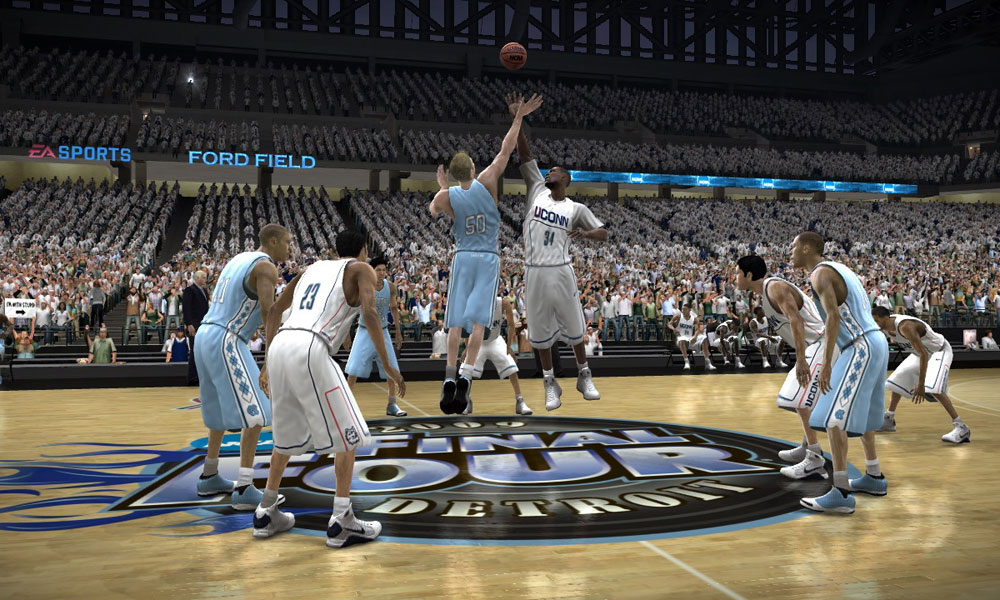
Sorry, Sports Fans: The NCAA Drops Its Video Game Contract
The NCAA, facing a lawsuit over player-likeness rights that could upend college sports, ended a major contract with game maker Electronic Arts this week.
As strategic moves go, it was closer to a forfeit than a slam dunk.
The conflict between “student” and “athlete” in college sports reared its ugly head in an unique way this week, as the widely known association representing university athletic programs chose to step away from a long-running contract with one of the world’s largest video game manufacturers.
They’re the reason people go to the games. When the players are being taken advantage of, that’s not a fair shake at all.
And based how a lengthy lawsuit goes, the cost could go deeper than a few video games. More details:
The issue: For years, the NCAA collaborated with video-game giant Electronic Arts on a series of games for its two most popular sports: basketball and football. While the basketball game eventually became a victim of declining sales, football has remained a consistent seller. However, the games come with an inherent conflict for the collegiate sports organization: The players are amateurs and are not supposed to get paid for their athletic endeavors. As a result, the games aren’t supposed to depict identifiable players, but generalized versions of student athletes.
The lawsuit: The 2009 edition of the basketball game featuring classic teams included the UCLA Bruins, and a player that looked a lot like 1995 UCLA star Ed O’Bannon—all the way down to his now-retired jersey number. Realizing he was not getting paid likeness rights for appearing in the game, O’Bannon sued the NCAA [PDF]. The long-running case could permanently change the landscape of college sports. A ruling favoring O’Bannon could require colleges to pay student-athletes for likeness usage as well as broadcast rights. “The athletes are the ones performing,” O’Bannon told The Las Vegas Sun in a 2010 interview. “They’re the reason people go to the games. When the players are being taken advantage of, that’s not a fair shake at all.”
The move: This week, the NCAA decided to end its deal with Electronic Arts, citing the legal case as the reason. “We are confident in our legal position regarding the use of our trademarks in video games,” the NCAA said in a statement. “But given the current business climate and costs of litigation, we determined participating in this game is not in the best interests of the NCAA.” As for Electronic Arts, while its future games will not have the NCAA’s official branding, it will continue to create games in the series with the help of the Collegiate Licensing Company, which works with many college teams, conferences, and awards programs. (The licensing company is also a party in the lawsuit.)
O’Bannon’s lawyer Michael Hausfield, speaking to The Sun, expressed his displeasure with the association’s move, calling it “arrogant” and “petty” and saying that it conflicts with the spirit of his client’s lawsuit.
“They know full well they were allowing (EA Sports) to circumvent their rules, so they can reap the entire revenue with the exclusion of the players,” he told the newspaper.
The final NCAA-licensed game in the series, NCAA Football 2014, came out earlier this month.
(Electronic Arts)






Comments